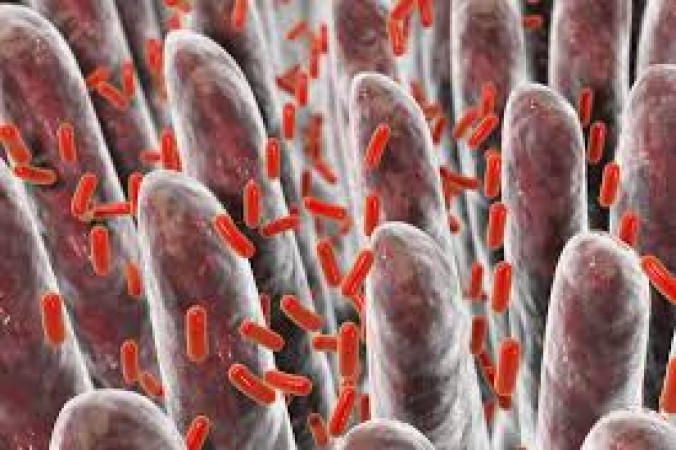
The human gut, a bustling ecosystem of microorganisms, has long been a subject of fascination for scientists. Recent research has unveiled a surprising revelation: the microbiome dwelling in our intestines may play a pivotal role in safeguarding against heart attacks.
Understanding the Microbiome
The microbiome encompasses trillions of bacteria, fungi, and viruses residing in our gastrointestinal tract. These tiny inhabitants, collectively known as gut flora, contribute to various aspects of human health, from digestion to immune function.
The Heart-Gut Connection
Scientists have long recognized the link between gut health and overall well-being. However, emerging evidence suggests that the microbiome's influence extends even to cardiovascular health.
H4: The Role of Gut Bacteria in Heart Health
Recent studies have shed light on how specific strains of gut bacteria can impact heart health. Certain bacteria produce compounds that help regulate cholesterol levels, inflammation, and blood pressure—all key factors in preventing heart disease.
Cholesterol Control
High levels of LDL cholesterol, often referred to as "bad" cholesterol, are a significant risk factor for heart disease. Gut bacteria such as Lactobacillus and Bifidobacterium have been found to metabolize cholesterol, potentially reducing its absorption in the gut and lowering overall levels in the bloodstream.
Inflammation Management
Chronic inflammation is another driver of cardiovascular disease. Some gut bacteria produce short-chain fatty acids, which have anti-inflammatory properties and may help mitigate inflammation throughout the body, including in the arteries.
Blood Pressure Regulation
Elevated blood pressure puts strain on the heart and increases the risk of heart attacks and strokes. Certain strains of gut bacteria produce compounds like nitric oxide, which help relax blood vessels and regulate blood pressure.
Protecting Against Heart Attacks
Harnessing the power of gut bacteria to promote heart health holds significant promise. By maintaining a diverse and balanced microbiome through diet, lifestyle choices, and potentially probiotic supplements, individuals may reduce their risk of experiencing a heart attack.
Diet and Gut Health
Consuming a diet rich in fiber, fruits, vegetables, and fermented foods nourishes beneficial gut bacteria. On the other hand, excessive consumption of processed foods, sugar, and saturated fats can disrupt the balance of the microbiome and contribute to inflammation and metabolic dysfunction.
Lifestyle Factors
In addition to diet, lifestyle factors such as stress management, regular exercise, and adequate sleep also play a crucial role in supporting a healthy microbiome and, by extension, heart health.
Probiotics and Prebiotics
Probiotics are live microorganisms that confer health benefits when consumed in adequate amounts. They can help replenish and diversify the gut microbiota. Prebiotics, on the other hand, are non-digestible fibers that serve as food for beneficial gut bacteria, promoting their growth and activity.
Future Directions
As research into the gut-heart axis continues to evolve, there is growing interest in personalized approaches to heart disease prevention. Tailoring interventions based on an individual's unique microbiome composition holds the potential to optimize outcomes and revolutionize cardiovascular care.
Precision Medicine
Advancements in technologies such as metagenomics and machine learning enable scientists to analyze the gut microbiome with unprecedented detail. This paves the way for personalized interventions that target specific microbial imbalances linked to cardiovascular risk.
Clinical Implications
Incorporating assessments of gut health into routine medical evaluations could become a standard practice in the future. By identifying individuals at heightened risk of heart disease based on their microbiome profile, healthcare providers can implement targeted interventions to mitigate risk factors and improve cardiovascular outcomes. The intricate interplay between gut bacteria and heart health underscores the importance of nurturing a diverse and balanced microbiome. By adopting habits that support gut health, individuals can harness the power of their microbial allies to reduce the risk of heart attacks and promote overall well-being.
Israelis Reflect on Trauma of October 7 Attack, Commend India's Support
Samsung Releases Galaxy M55, M15: Mid-Range Smartphone Offerings Hit Indian Market
Tragic Paragliding Accident Claims Life of Noida Woman at Kangra in Himachal Pradesh